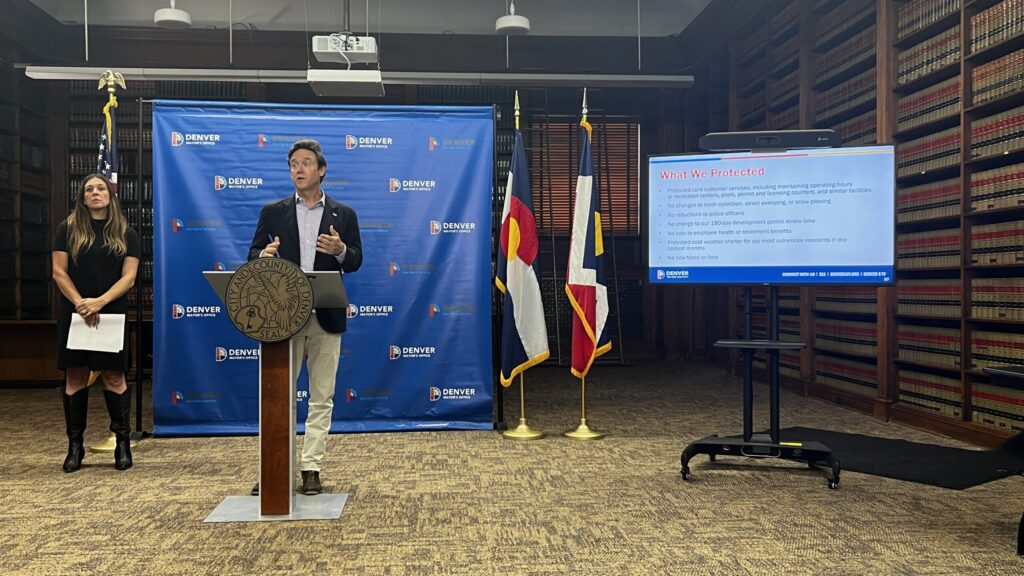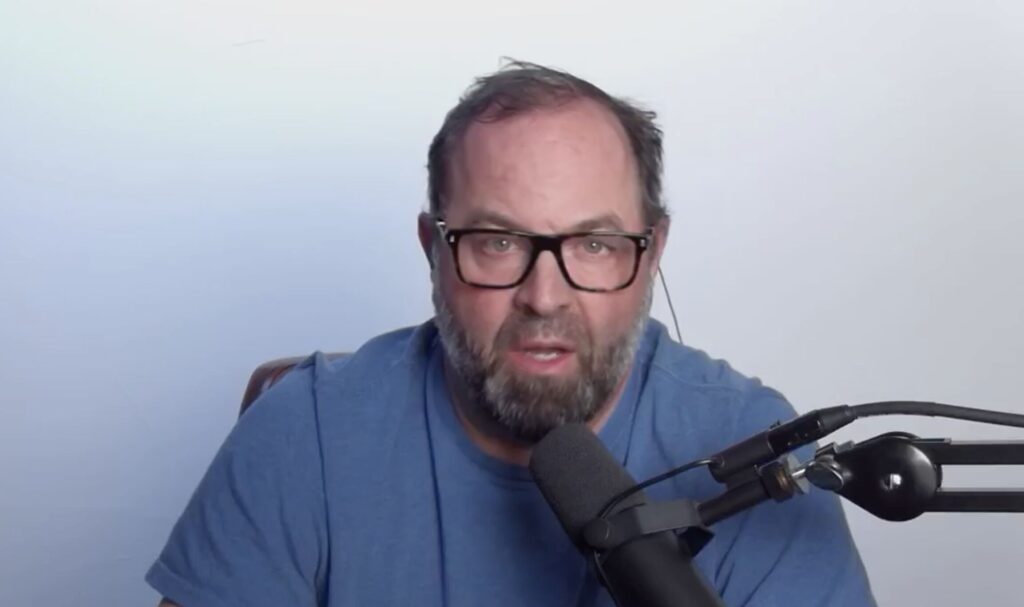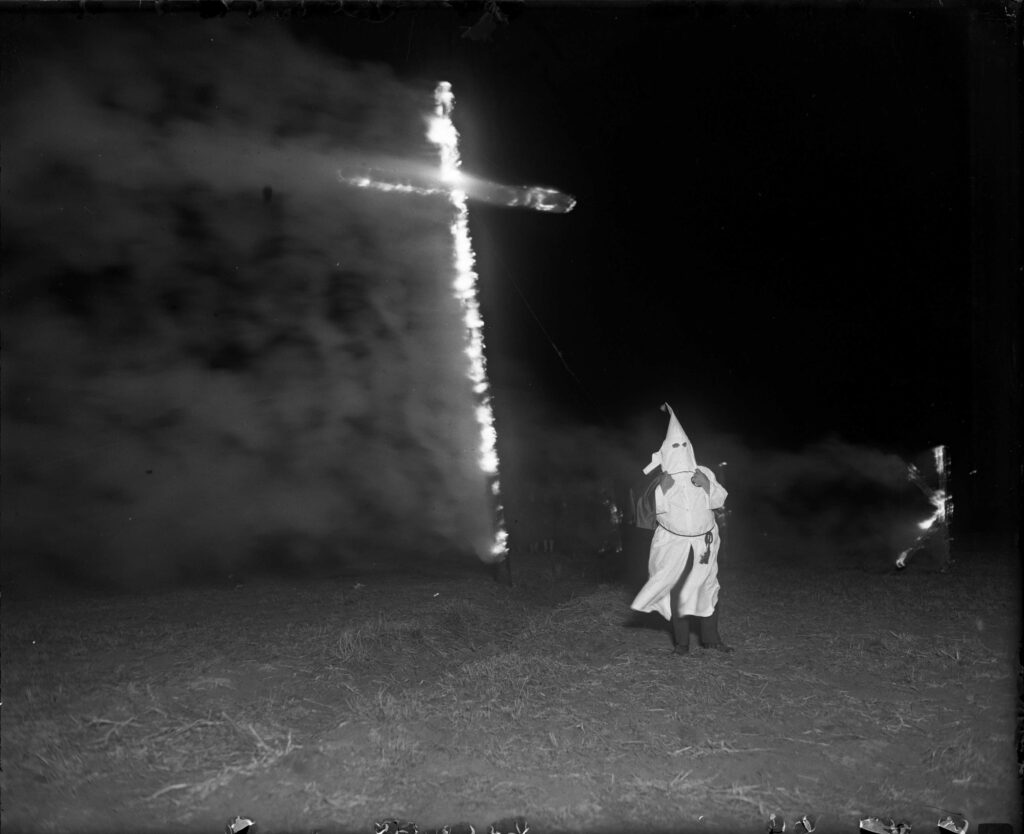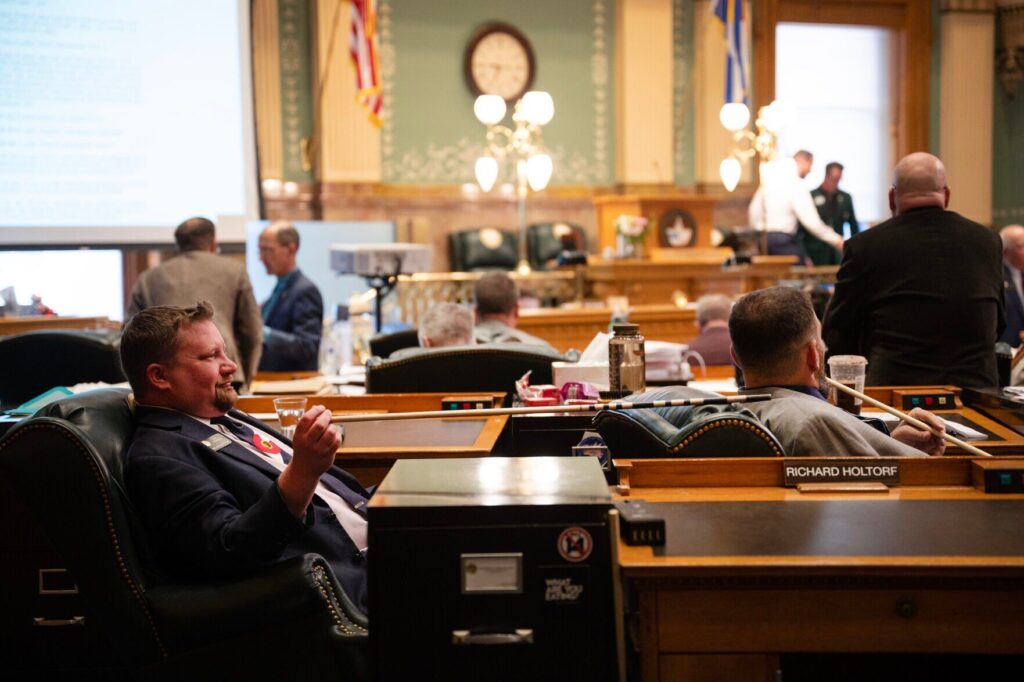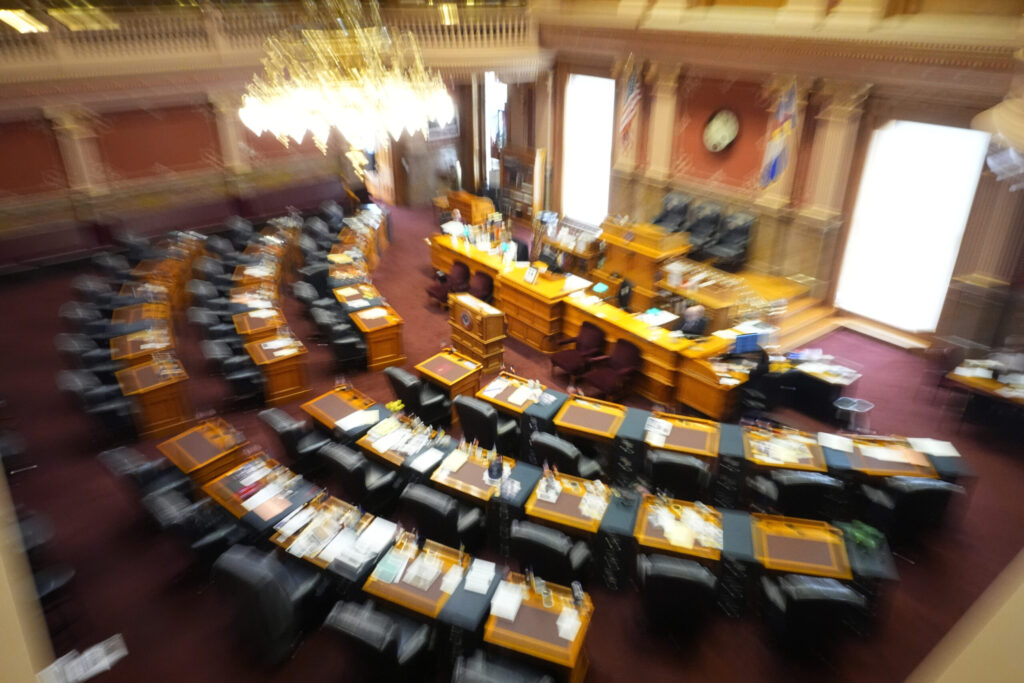House panel advances bill offering about $300 in property tax relief
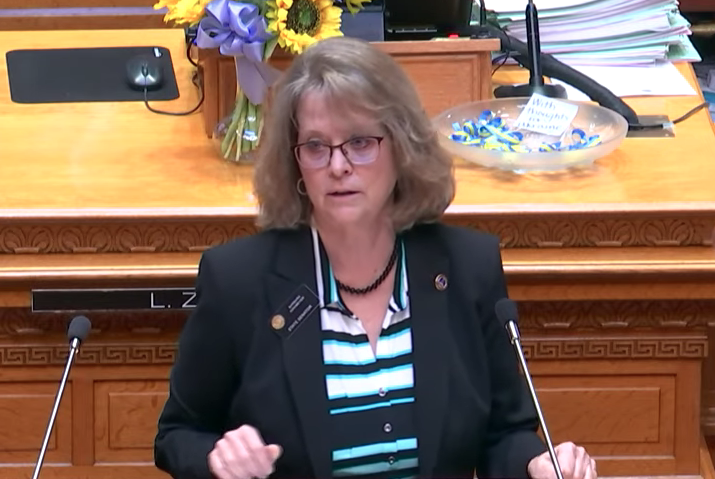
Legislation that taps into TABOR surpluses to offer roughly $300 on average in property tax relief won support from a House panel on Tuesday.
Senate Bill 238, which affects property taxes in 2023 and 2024, would take $200 million from 2023 TABOR surpluses, combined with $200 million in general fund dollars in the 2022-23 budget, and send that money next year to homeowners and owners of commercial property in an effort to combat what’s expected to be large increases in property taxes totaling $1.3 billion statewide in the next two years.
The measure is among several bills that proponents say offer economic relief to Coloradans at a time of soaring inflation and rising energy prices.
“From sending every taxpayer an early $400 or $800 refund check to lowering the cost of housing, health care and prescription drugs, we’ve been hard at work saving Coloradans money everywhere we can,” Rep. Mike Weissman, D-Aurora, said. “This legislation builds on our earlier work to lower property taxes for homeowners and businesses and will save the average homeowner $274 on their property taxes.”
Backers said homeowners would receive on average about $274 in property tax refund, based on a home value of $500,000, with more for higher-valued properties.
Sen. Chris Hansen, D-Denver, the bill’s co-sponsor, earlier told his Senate colleagues that property tax relief is top of mind at the Capitol because of high appreciation of home values.
The bill would provide $700 million in property tax relief through several mechanisms: a change in assessment rates for commercial properties from 29% to 27.9% and a reduction of $30,000 in taxable valuation of a business property. The latter would help small businesses, proponents say.
On the residential side, assessment rates would change from 6.95% to 6.765%. The bill also reduces the taxable value of homes by $15,000. Property taxes are calculated by multiplying the property valuation by the assessment rate.
The bill also “backfills” lost revenue to counties through those property tax reductions, although not completely. Small counties with low rates of appreciation – defined as less than 10% – would be covered for 100% of their property tax revenues. Small counties with large increases, such as mountain resort communities, would be reimbursed for 90%. Large counties would receive 60%, which means a smaller increase in their property tax revenues.
Co-sponsor Sen. Bob Rankin, R-Carbondale, had pointed out the bill is intended to thwart a ballot measure that seeks to reduce property tax revenues and provide relief to property owners. But the bill also protects the Joint Budget Committee’s two-year plan to pay back the debt to K-12 education, known as the budget stabilization factor, which Rankin called among the bill’s most important aspects. Hansen and Rankin both serve on the JBC.
Critics countered that property taxation is a local matter that the legislature shouldn’t be involved in.
Sen. Barbara Kirkmeyer, R-Brighton, said when she was a Weld County commissioner, her county reduced property taxes through reductions in mill levies and asked a similar question: Why is the legislature getting involved in property taxation?
The bill won’t just affect counties, Kirkmeyer said, pointing to the bill’s fiscal analysis, which said it will also impact municipalities in those counties.
“If you want to go after large, wealthy counties, go after the wealthy counties. Don’t go after the small communities and fire districts and other special districts in those counties just to fix our problem with the School Finance Act and funding of schools,” she said.

marianne.goodland@coloradopolitics.com





